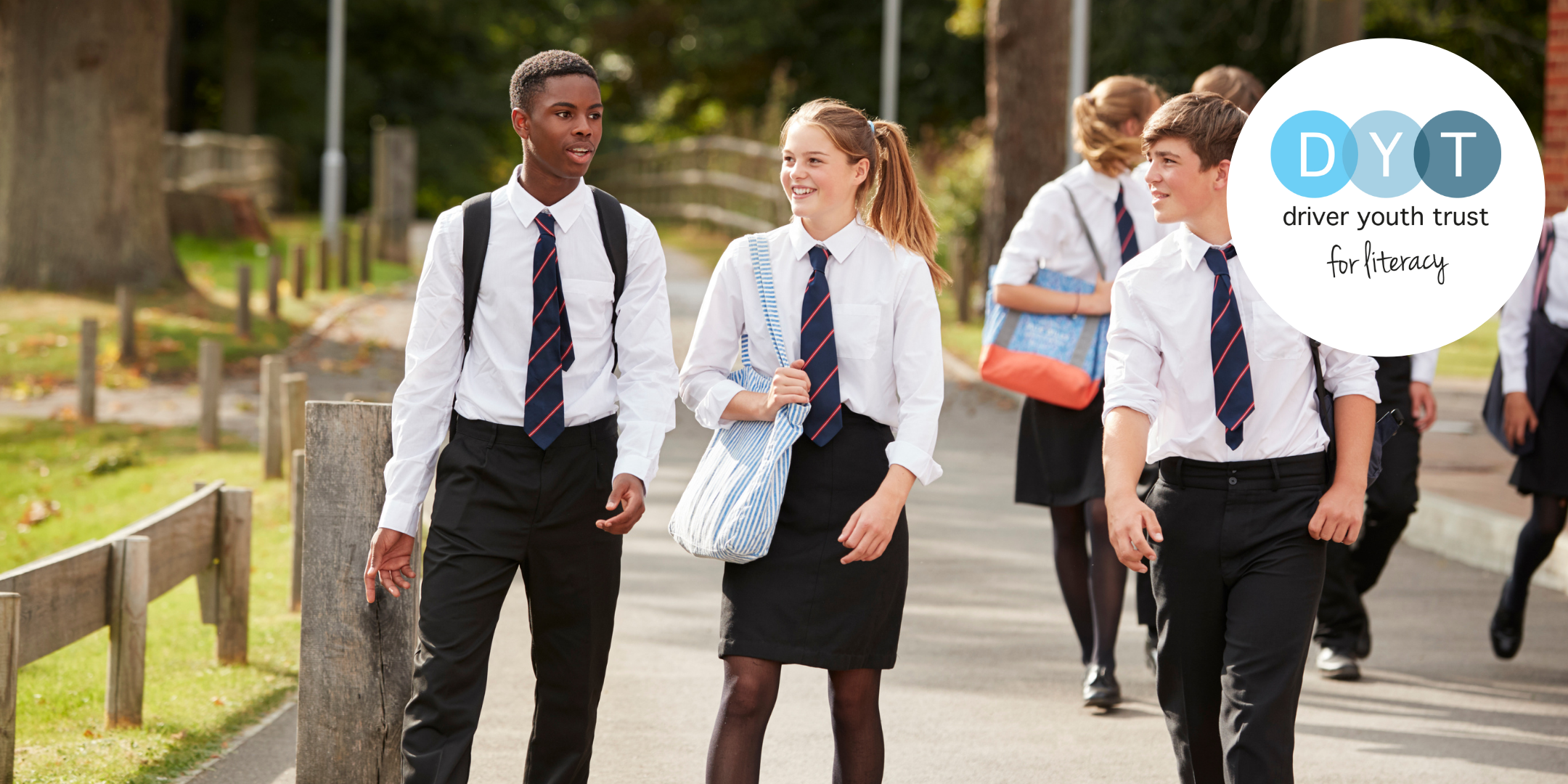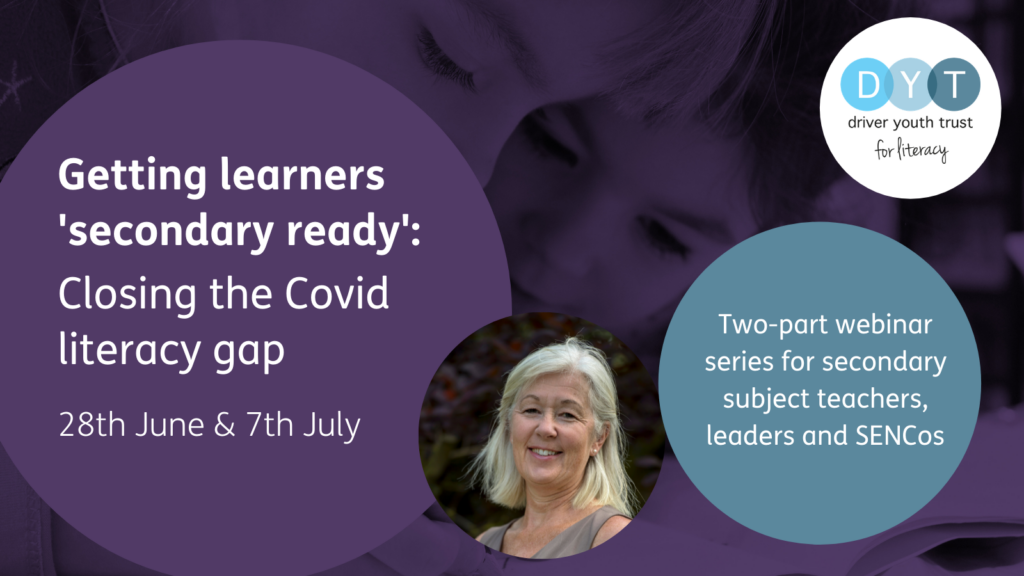
Secondary teachers: how to close the Covid literacy gap
14/6/2021
The Covid pandemic has resulted in significant lost learning over the last year, with disadvantaged students particularly adversely affected. My new two-part webinar will concentrate on supporting secondary teachers to help their students ‘catch up’ on their learning losses over the school closure period so long term damage to children’s education is reduced.
Understanding the attainment gap
The attainment gap begins in the early years and is already evident when children begin school aged 5. It grows wider at every following stage of education, more than doubling to 9.5 months by the end of primary school, then doubling again to 19.3 months by the end of secondary school. However, research suggests that the pandemic has compounded the attainment gap further.
KS2/3 transition and regression
It is widely known that many students regress in their learning between KS2 and KS3 because of the difficulties they experience in grasping the robust academic demands of the secondary curriculum. Its increased use of expository language (language to analyse, criticise, explain, persuade and inform), non-fiction texts and the need to code-switch between rigorous academic disciplines, often create a burden on students’ working memory, resulting in them becoming overwhelmed.
What can we do from September 2021
In the context of Covid and the resulting lost learning, in September 2021 all secondary teachers need to be alert. From the outset, they should explicitly support their students’ literacy so they can access the secondary curriculum. Schools should provide this literacy support early, then determinedly maintain it throughout KS3 and KS4.
Understanding the challenges of learning to read and any obstacles
To provide this meaningful support in Year 7, teachers must understand how their students learn to read and recognise then confront the obstacles so many learners face. Without an awareness of the ‘science of reading’, teachers can’t quickly identify which of their students are struggling so provide the necessary strategies to support them.
Evidence-based approaches to improve comprehension – no fads!
The EEF research into Reading at the Transition concludes that it is ‘highly unlikely that any single approach will be sufficient to close it’. This underlines the importance of using evidence to identify promising approaches and the value of effective reading and comprehension strategies.
Developing ‘strategic readers’
The webinars will introduce evidenced strategies which all secondary teachers can use, to make their Year 7 students ‘strategic readers’. They’ll cover the need to routinely model reading fluency aloud, the powerful impact of rereading (Doug Lemov), how to strategically use questioning, retrieval, summarisiation, prediction and other comprehension strategies to ensure students’ working memories are not overloaded. They aim to allow teachers to support their students become self-regulated, confident readers who can independently comprehend challenging secondary curriculum content.

